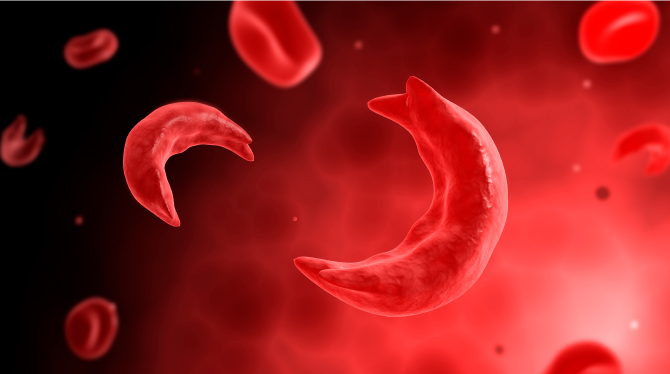With Nigeria home to the highest number of people living with sickle cell disease (SCD) globally, health experts have called for curative therapies such as gene therapy and bone marrow transplants as viable solutions for millions suffering from the condition.
Speaking at the 5th Global Congress on Sickle Cell Disease held in Abuja, experts spotlighted the urgent need for accessible, life-changing treatments in Nigeria, where nearly 150,000 babies are born with SCD every year.
Prof Jennifer Adair, a faculty member at the University of Massachusetts Chan Medical School and co-founder of the Global Gene Therapy Initiative, said it is vital that people in Nigeria, especially those living with the disease, know that curative therapies are now a real possibility. They deserve the opportunity for a better, healthier future.
Also speaking, Dr. Alexis Thompson, a former President of the American Society of Haematology and Chief of Haematology at the Children’s Hospital of Philadelphia, said Gene therapy is extraordinary but comes with serious risks, similar to other stem cell transplants.
She said patients must undergo chemotherapy, which can lead to infections, hair loss, and even long-term issues like infertility or liver damage.
She stressed the importance of fertility preservation ahead of treatment. “We advise patients to freeze sperm or eggs beforehand because while the risk of cancer is low, the risk of infertility is real.”
Reflecting on the progress made in the field, Thompson added, “In the past five to ten years, we’ve witnessed groundbreaking advances that allow patients to be their donors. These developments were once unimaginable.”
She described the current moment as a turning point for the global sickle cell community.
“We are not finished innovating. But what’s most extraordinary is seeing lives transformed, children who can now dream and adults who can thrive without the constant shadow of pain,”Thompson said.
Sharing his experience, Jimi Olaghere, a 39-year-old Nigerian who became one of the first people cured of sickle cell through a CRISPR gene-editing therapy trial in the United States, said, “I lived with sickle cell disease for 35 years, pain crises, hospitalisations, and limitations. After undergoing gene therapy, I am now crisis-free and pain-free. It’s like having a second life. Coming home to Nigeria to share this story means everything to me,“ he said.
Olaghere’s emotional testimony drew attention to the contrast in healthcare access between developed nations and Nigeria. Born in the U.S. after his mother travelled for prenatal screening, he joined a gene therapy clinical trial that transformed his health.
“I’ve shared my story worldwide, but returning to Nigeria is the most important destination. This is where the story truly matters,” he said.











